The gender imbalance of the post-00s has further intensified | Chinese men shouted: It’s finally our
"Gender ratio" is a topic that we all pay attention to. So, what is the normal gender ratio?
Yang Fan, director of the Population Department of Renmin University of China, said that without human interference, the normal range of sex ratio is between 103 and 107.
Data from the seventh national census in 2020 showed that the gender ratio of those born after 2000 has become further unbalanced.
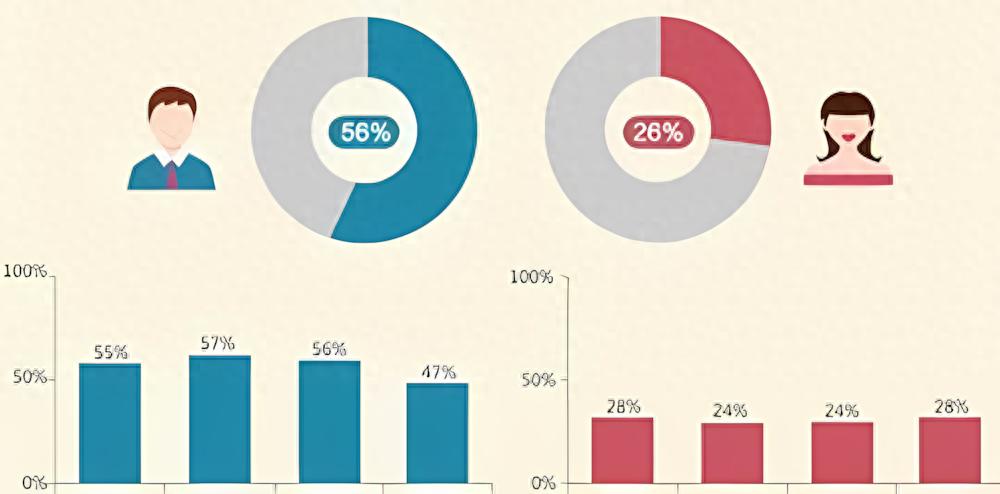
The male-to-female ratio for those aged 10-14 is 115.03, and that for those aged 15-19 is 116.12. There are 11,380,132 more boys than girls born after 2000 .
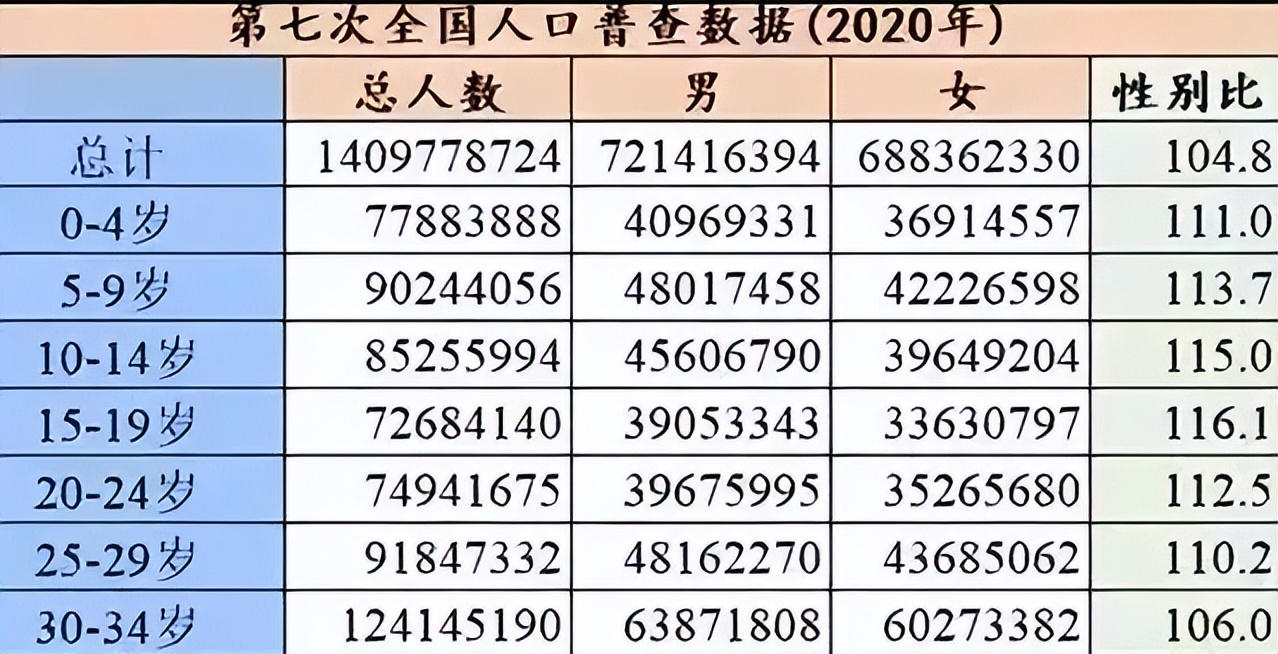
Among all age groups, the gender ratio is most unbalanced among those born after 2000.
Among the marriageable age groups, the male-to-female ratio for those aged 20-24 is 112.5, 110.2 for those aged 25-29, and 106 for those aged 30-34.
From these data, we can see that the male population is larger than the female population. However, I believe everyone has discovered a strange phenomenon that is the opposite of the male-female sex ratio.

In the urban blind date market, the number of women actually exceeds the number of men, and women are in a passive selection position .
Many men have expressed their opinions on this phenomenon, saying that it is finally our time. So, why does this phenomenon occur?
Polarization: There are more women than men in cities, and more men than women in rural areas
In China's household registration management, households are divided into "family households" and "collective households" .
"Family household" refers to a household registered with "a blood relationship, marriage or adoption relationship", and "collective household" refers to a household registered with "people who live together without a blood relationship" , such as institutions, groups, schools, enterprises, etc.
Data from the seventh national census show that there are generally more girls than boys in urban areas (households).
For example, among urban households, the male-to-female ratio in Beijing is 95.91, and in Shanghai it is 98.24.
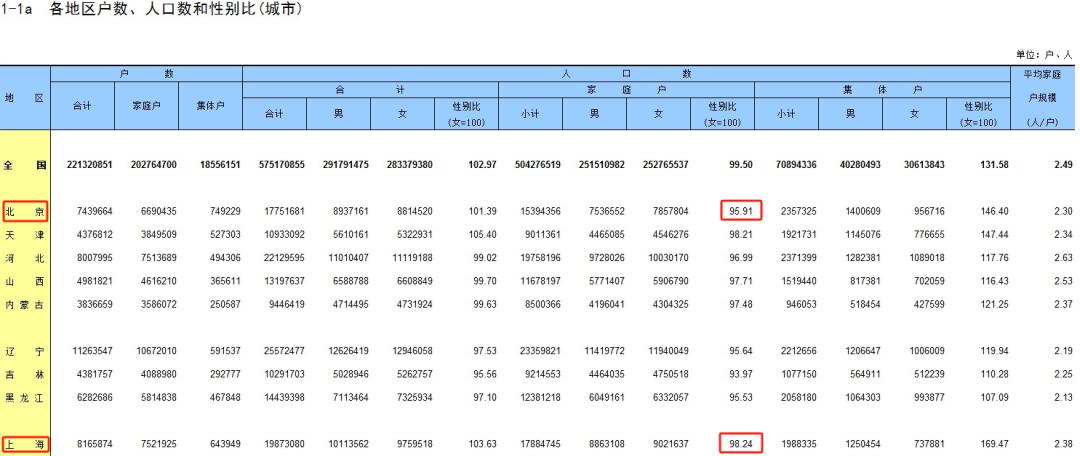
On the contrary, all rural areas (households) have more males than females. For example, among rural households, Guangxi has 111.22 and Hainan has 115.10.

The reason for this phenomenon is that, on the one hand, the implementation of family planning in cities and towns was relatively strict during the period.
On the other hand, the concept of "preferring sons over daughters" is relatively mild in cities.
In this way, the male-to-female ratio is kept within a relatively reasonable range.
In response to this phenomenon, a study by Xi'an Jiaotong University found that the lower the income group, the more they prefer to have boys.
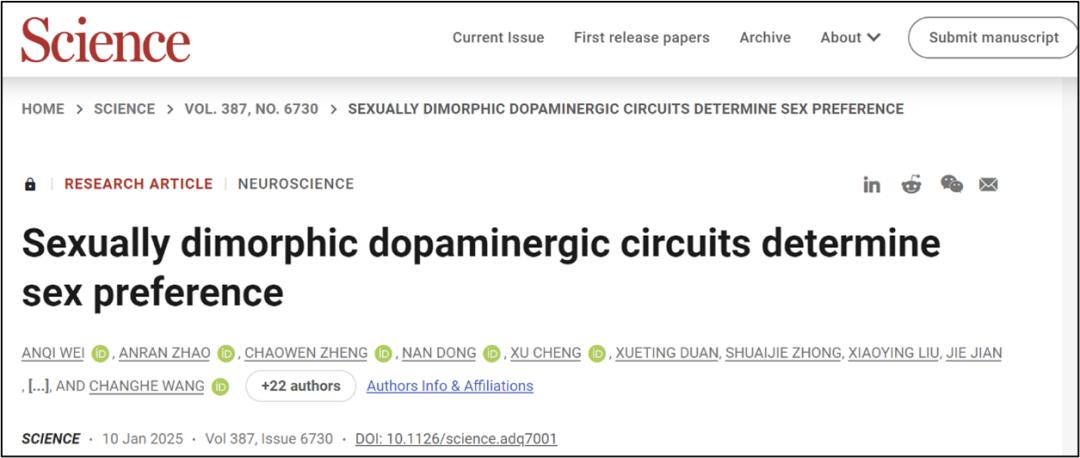
This also reflects people 's mentality of "seeking benefits and avoiding harm" . People in rural areas believe that raising sons will bring greater rewards.
Among low-income groups, the gender ratio of marriageable men and women is seriously unbalanced, leading to a "marriage squeeze" for men.
This has also led to the current polarization: the poorer the place, the harder it is for men to find a wife, while the richer the place, the more men have the right to choose women.
A large number of women from rural areas flow into cities
With the popularization of education, more and more rural women choose to live in cities. There are two main reasons why rural women make this choice.
On the one hand, there is a widespread preference for boys over girls in rural areas . The idea that "a daughter who is married off is like spilled water" is widely prevalent in rural areas.
Therefore, parents do not invest too much resources in the growth of girls during their growth. In fact, in the eyes of many rural parents, the existence of daughters is to exchange for high-priced gifts.
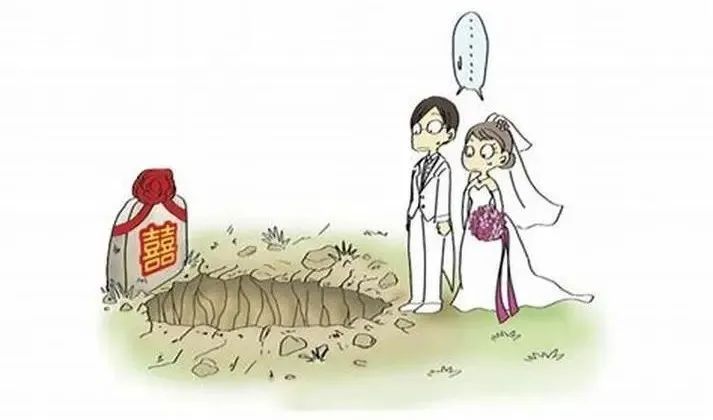
Once rural women enter into marriage, they are basically unable to extricate themselves from it. On the other hand, many rural parents will leave all their property to their sons, including homesteads and land.
For rural women, there is no other place to stay except to obey their parents' arrangement and get married. In psychology, women in an environment where "sons are favored over daughters" will have "identity recognition" problems.
Identity refers to the subject's cognition and description of itself, including cultural identity and national identity .

Under the concept of "preferring sons over daughters", "men" are superior to others in terms of ability and character.
"Good men" are often associated with success, rationality and the absence of fragile emotions, while "good women" value emotions and family, and are obedient and dedicated.
Urban men have a great advantage in choosing a spouse
To some extent, the character of a "good woman" is inconsistent with achieving success in the secular sense.
After receiving an education, if rural women want to have an independent life, they must break out of the rural environment of "preferring boys over girls".
Therefore, in order to achieve personal freedom and economic independence, rural women have to move to cities.
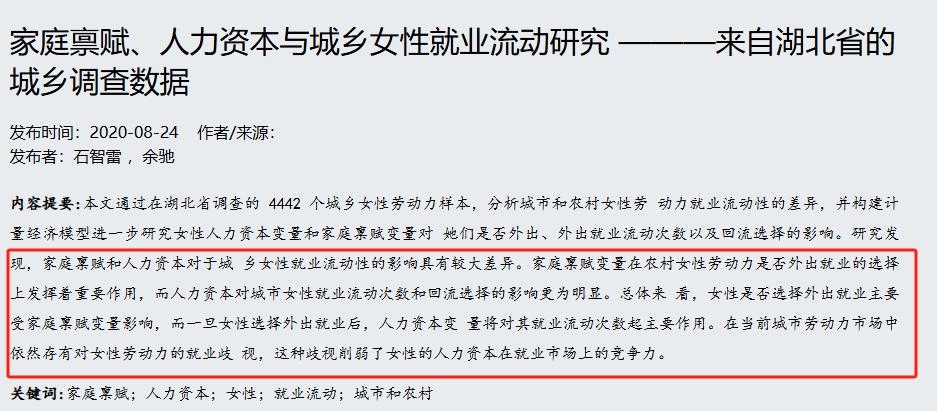
A paper from the Center for Population and Health Research shows that the more educated rural women are, the more likely they are to work outside the home .
However, women with only a high school (technical secondary school and technical school) education are less likely to work outside their hometowns.
Compared with the rural environment, urban concepts are more inclusive and the living environment is more friendly to women.

At the same time, more and more rural women are choosing to enter the labor market rather than seeking economic support through marriage.
In summary, when there is a gender imbalance, urban men gain greater advantages in choosing a mate, while rural men suffer greater "marriage squeeze."
相关文章
- China's GDP will grow by 5% in 2024 to 18.41 trillion US dollars. Will the gap with the United State
- In 2000, the US GDP accounted for 25.68% of the world's total, while China only accounted for 3.02%.
- Special report on the stock market | Another divorce case with sky-high prices in the A-share market
- CSRC releases | State Council Information Office holds press conference: Introducing the situation o
- The global stock market is changing rapidly. A full analysis of the latest developments of A-shares,
- It has fallen again. Why can’t the Chinese stock market continue to rise?
- With the joint efforts of six departments, the stock market is about to usher in a "hundred-bil
- The real land of women: men don't marry and women don't marry, they climb through windows at night a
- The mysterious ethnic group in the mountains of my country has a special custom that is too scary. G
- So surprising! More than 60 students from the University of Hong Kong were defrauded by online scams






